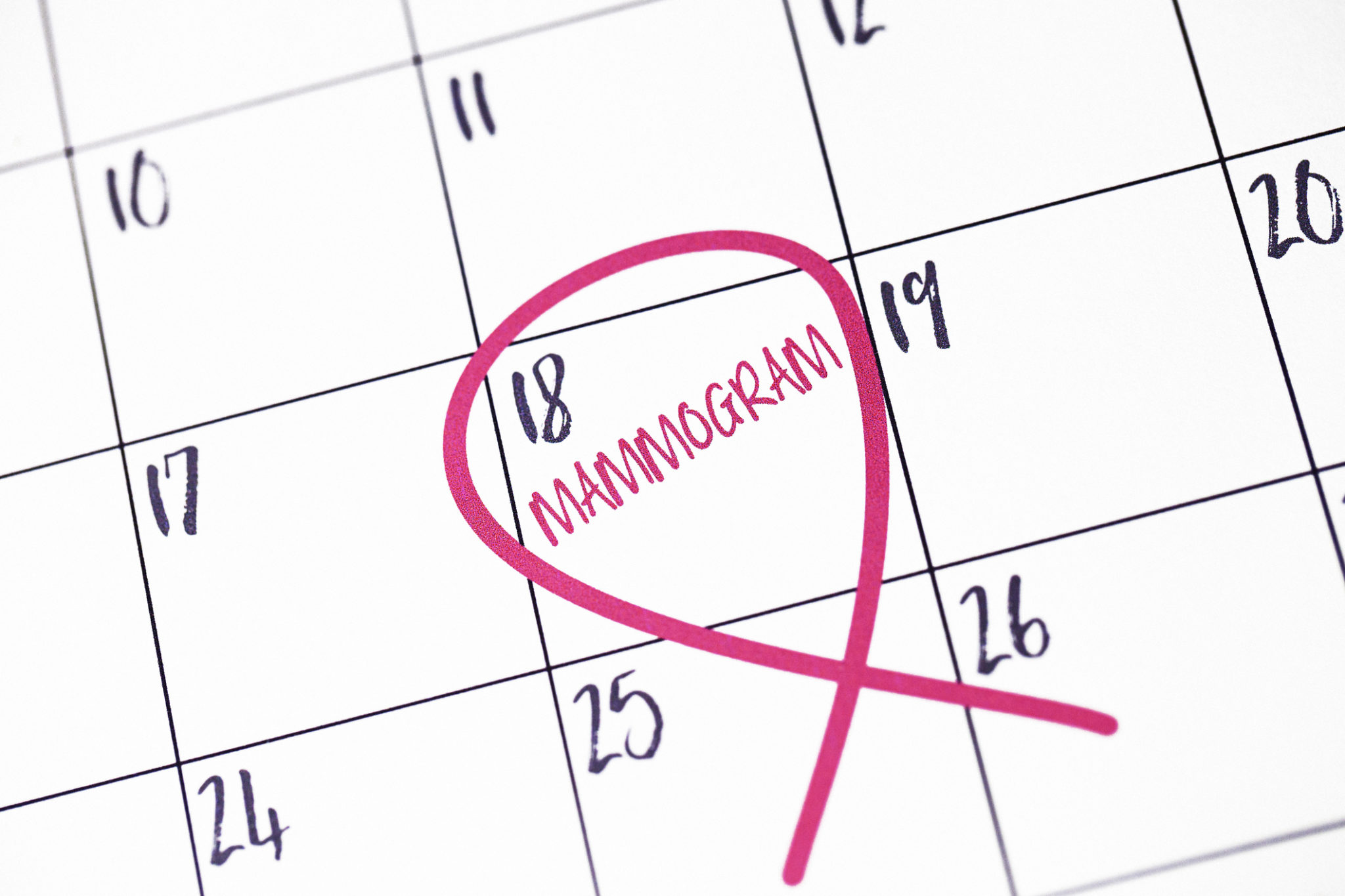14-year-old Survives Serious Sledding Accident
FEB 05, 2014Sledding accidents land about 20,000 children in the emergency department each year. Researchers found those ages 10 to 14 were ...
Read MoreReina dresses up for her Zumba class, ready, and as each classmate walks in, she hugs her. "Thank you for celebrating my birthday with me!" She flashes her electrifying smile: "I'm two today."
Reymita Walls - known as Reina - is not a two-year-old. She has an 18-year-old daughter, an adult son and is a grandmother of three. However, two years ago, the Metropolitan Utilities District employee collapsed in a hallway minutes after entering the door. When colleagues discovered her, she had no pulse and was not breathing.
Staff who saw her every day - most of them good friends - couldn't believe she was lying lifeless on the floor, some were crying, one started CPR, another called 911. Others were praying. "Reina, stay with me," one pleaded. In the chaos, someone ran and came back with an AED, an automatic external defibrillator that hung unused in the dining room.
He applied the AED pads to her chest and the commanding voice on the machine announced, "Shock is advised." He shocked her. Her body jerked, then settled back on the tile floor, "She was just laying there. She was just still," one co-worker remembers. "We're yelling, 'C'mon Reina!'" They applied a second shock. By then the EMTs were in the building and checking her. "We have a pulse!" one announced. But in the ambulance she needed a third AED jolt.
Reina had a heart attack. Like many women, she overlooked the signs because she did not have the tell-tale chest pain that men often feel. In the days leading up to her heart attack, she had shrugged and been exhausted. As she walked quickly, she found it difficult to breathe. Two days earlier, she had tried to work out on the treadmill in the gym.
She felt tired and sat down and told her daughter to continue without her. She blamed a nasty flu and bronchitis for her feelings, and when she went to work that Monday morning, she still didn't feel right. A friend later told her that they had a phone conversation. She doesn't remember. She ran late to work. She doesn't remember. She climbed the stairs and entered the building. She doesn't remember either. "I knew I wasn't right. I thought I'd be like this forever."
Nobody - especially Reina - had ever expected that she would have a heart attack. She was trim, fit, took good care of herself and had no history of heart attacks in her family. A colleague called her "the epitome of health." Her daughter couldn't believe the news when she received the emergency call at school. "But she just kissed me goodbye," 16-year-old Natalia insisted. "She never gets sick."
Natalia rushed to CHI Health Bergan Mercy Hospital from Central High School, where her mom had dropped her off a short time before. Anxious co-workers waited with her. The cardiologists found a clot had formed in one of Reina's main arteries of the heart, blocking her blood supply. She had what's commonly called a "widow-maker" because it can be so devastating. The medical team rushed to implant a tube called a stent, which props open the artery. Reina doesn't remember any of it.
The realization that she had "died" was even more terrifying. "The first thing that came to my mind was leaving my daughter." Reina says the two are very close. "She's very strong but I thought of her (Natalia) being by herself. And my not being able to see her graduate and have children--or see my son and his children, my grandchildren. I wouldn't be able to see any of them anymore."
Today Reina says: "People ask me, 'Did you see the light?' It was like I went to sleep and was dreaming. All kinds of things were happening in my dream. But I can't remember what it was about." She does remember the excellent care she received. She says she loves the lullaby that's played overhead when a baby is born in the hospital. "It makes your heart feel good to hear life."
She's also fond of her cardiac rehab staff in Papillion. "They're the best. I stop to see them whenever I'm at that location." She laughs when she talks about the staff at Lakeside Hospital: "The nurse that signs you in is hilarious. She told me if I could not say 'Ramachandran' (the cardiologist's name), I could not see him. I learned to say his name correctly fast."
For seven months, Reina considered herself "blessed" to still be alive. But then she started having the same worrisome symptoms--fatigue and trouble breathing. "I knew something was wrong. But then I'd think, 'I'm being silly-no way is it my heart again.'"
Reina consulted her cardiologist, Atul Ramachandran, M.D., who had told her early on she didn't look like the typical heart patient and she was lucky she had her heart attack at work, where her co-workers came to her rescue. Dr. Ramachandran says he took Reina seriously when she complained about recurring symptoms even though it's not unusual for heart attack patients to experience anxiety. Dr. Ramachandran told Reina she could either do a stress test or a cardiac catheterization to evaluate her symptoms.
Because of the severe recurrent symptoms, Dr. Ramachandran told her, "If the stress test came back normal I would believe you over the stress test." He asked her if she wanted a cardiac catheterization, a procedure that involves a thin hollow tube going into the heart for a closer look. She said yes. The procedure showed there was a site of 90 percent of re-narrowing within the stent, something Dr. Ramachandran says can happen 15 to 20 percent of the time. She was a candidate for another heart attack. Reina praises Dr. Ramachandran: "I found a doctor who cared and listened to me. If my doctor hadn't listened to me, I probably wouldn't be here today."
Dr. Ramachadran applauds Reina for recognizing what happened to her - and reacting to it. He also says that it is important for women to know that the signs of a heart attack are different from those of men. Women are more likely to experience unusual tiredness, sleep disturbances, shortness of breath, indigestion and anxiety.
During the recent flu outbreak this winter, Reina started worrying again because she had the familiar symptoms of a heart attack. But her ailment turned out to be the flu. "I still kept asking my doctor, 'Are you sure? Are you sure it's the flu? Are you sure?'"
She still can't believe she had one heart attack--and was close to having a second. "Before when people had heart attacks, it was sad but it didn't really affect me." Now it hits her how important it is to be informed. She's watched a video over and over that American Heart Association put together telling her story. "I cried and cried and cried and cried."
Her daughter isn't forgetting either. Reina says, "If I don't answer the phone, she'll call me back right away. Sometimes in the morning she'll stop by my room and just look at me. Or she won't let my hand go." Natalia is 18 now and lives at home. She'd talked about going to college in Virginia but chose to go to UNO, to be close to her mom. "She tells me, 'Mom, don't die!' I promise her I won't."
Reina's always worked out but now she's a regular in Zumba class, including one she organized at MUD for co-workers. MUD and its hundreds of employees also celebrate National Wear Red Day.
She's started a 501(c)(3) non-profit organization called Healing Tender Hearts that urges women to listen to their hearts. "Women tend to put our jobs, children and homes first. We put everything before our own health. We can't do that."
Healing Tender Hearts will focus on education and will provide scholarships for students pursuing cardiology or rehabilitation work. She's raising money through "Zumba Takeovers" across the city. "I've always believed in God, in a higher power. He saved me for a reason. He saved me to save other people," Reina says.
She thinks back to that wintry morning when she died on the tile floor in the narrow hallway and was revived. "This is something I want to do, something I have to do. When my life is over, I want God to say, 'Job well done!' I want to have made a difference."
You can learn more about Reina's foundation athttp://healingtenderhearts.org/index.html

Sledding accidents land about 20,000 children in the emergency department each year. Researchers found those ages 10 to 14 were ...
Read More
Vira Brooks had three sons in high school. And she had newly-diagnosed breast cancer. "I remember hearing the words, ‘You have ...
Read More
When Carmen Campisi called to schedule her mammogram, she hadn't heard of the new 3-D technology, or tomosynthesis, at CHI ...
Read MoreWhen you need local health information from a trusted source, turn to the CHI Health Better You eNewsletter.